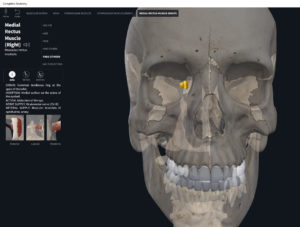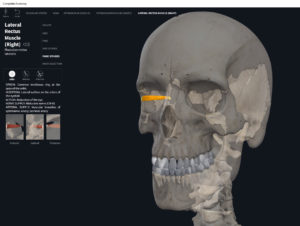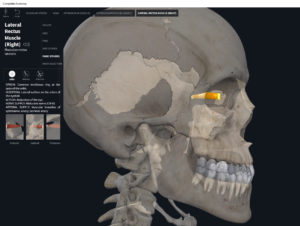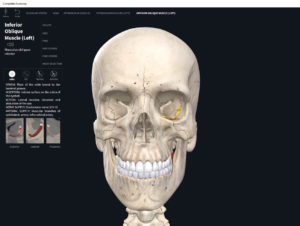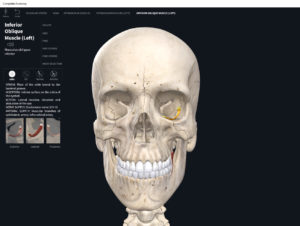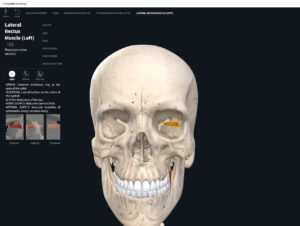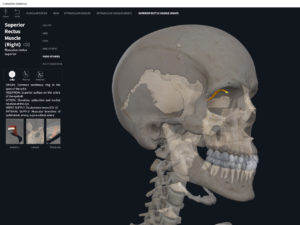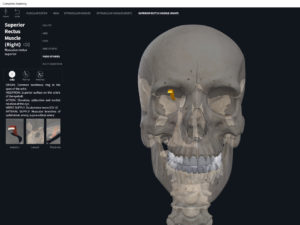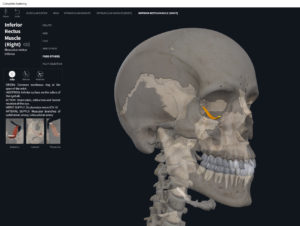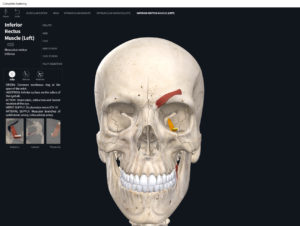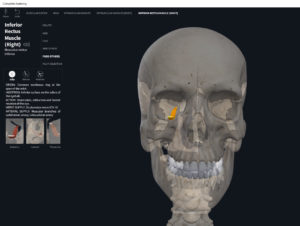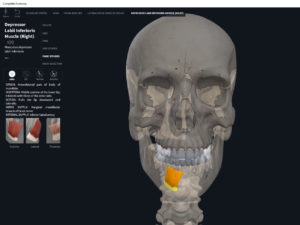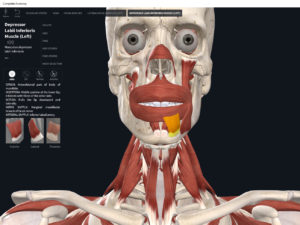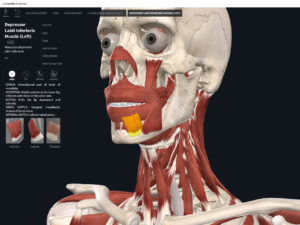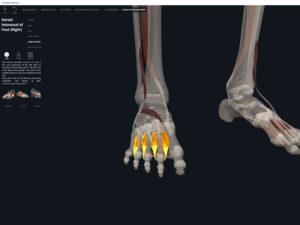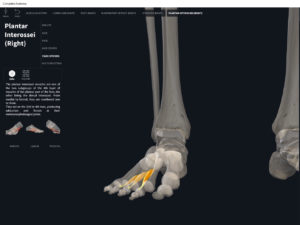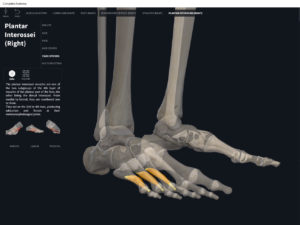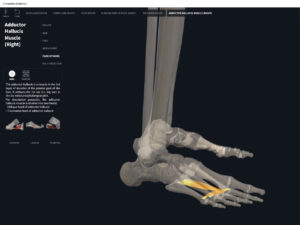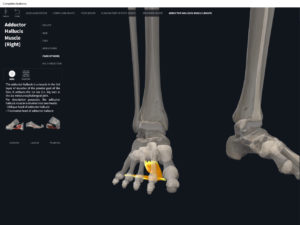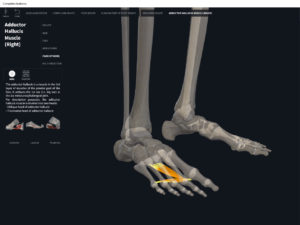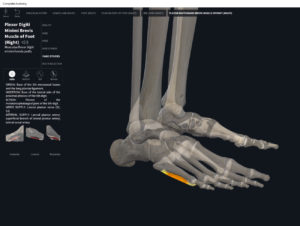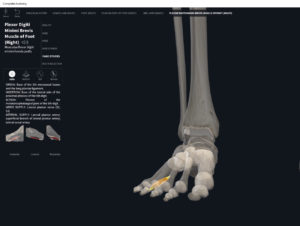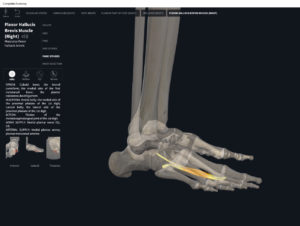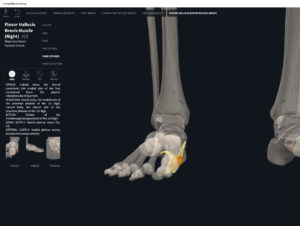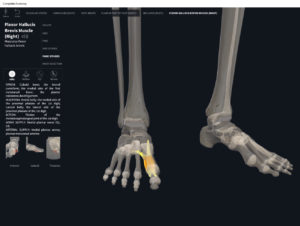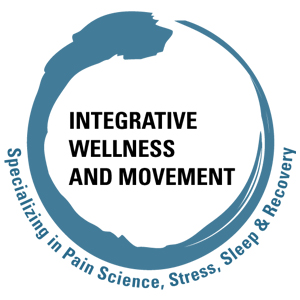Anatomy & Physiology: Muscles—Medial rectus.
Structure.
- Origin: orbit around optic foramen (common tendinous ring).
- Insertion: medial part of eyeball.
Function.
- Concentric action: moves eyeball medially.
- Reverse mover action:
- Eccentric action:
- Isometric action:
- Innervation: oculomotor III nerve.
- Arterial supply: branches off the opthalmic artery.
Clinical Significance.
More.
- https://www.anatomynext.com/medial-rectus/
- https://www.youtube.com/watch?v=LQlvz0GjvPo
- https://apps.medsch.ucla.edu/medyear1/Anatomy/extraocularMuscles/MedialRectus.htm
References
Biel, A. (2015). Trail guide to the body: A hands-on guide to locating muscles, bones and more.
Clark, M., Lucett, S., Sutton, B. G., & National Academy of Sports Medicine. (2014). NASM essentials of corrective exercise training. Burlington, MA: Jones & Bartlett Learning.
Jenkins, G., & Tortora, G. J. (2012). Anatomy and Physiology: From Science to Life, 3rd Edition International Stu. John Wiley & Sons.
Muscolino, J. E. (2017). The muscular system manual: The skeletal muscles of the human body.


